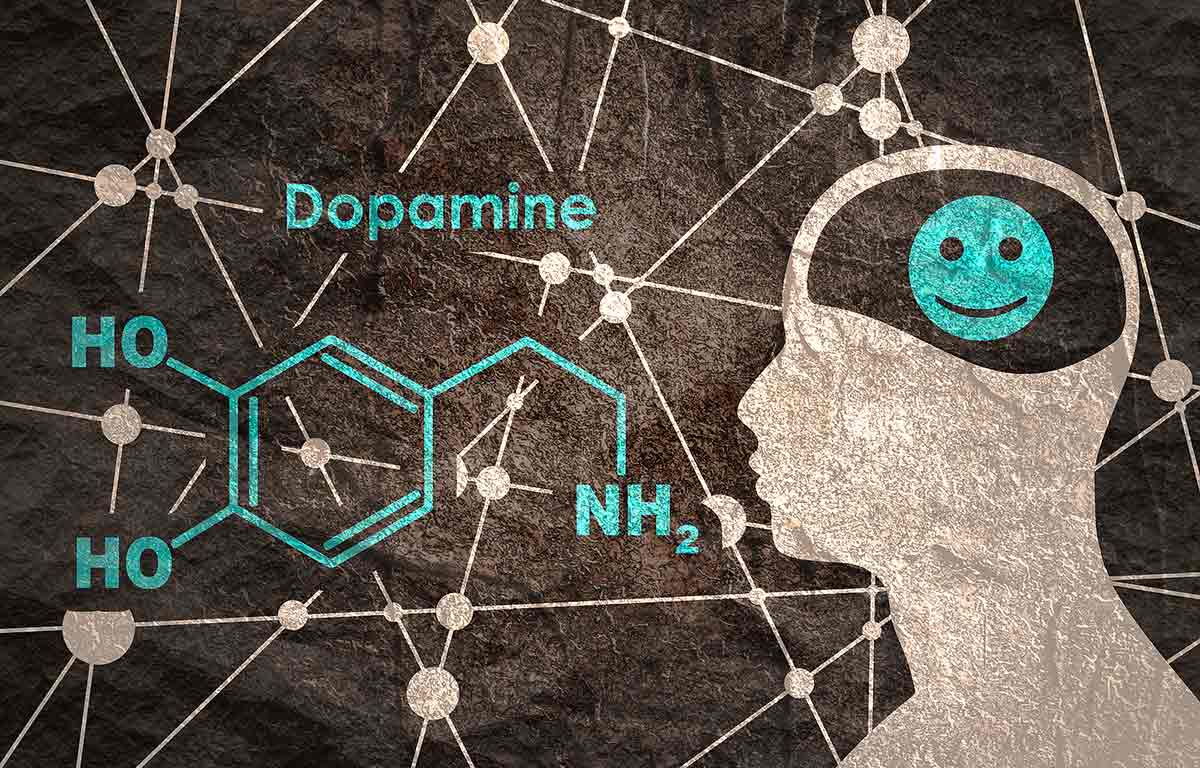In the evolving realm of medical research, the study of “The Science Behind Opiate Dependence” has garnered significant focus. Advanced neuroimaging techniques, especially MRI, have illuminated the brain’s complex response to opiate use. This article seeks to demystify the intricate physiological and psychological factors that contribute to opiate dependence, revealing a condition that is more complex than previously understood.
Understanding Brain Chemistry and Opiate Interaction
The human brain, a marvel of evolution, operates through an intricate network of neurons. These neurons communicate via neurotransmitters, chemicals that transmit signals across synapses. Opiates, when introduced into this system, mimic natural neurotransmitters, disrupting normal brain function. This section will explore how opiates interact with brain chemistry, leading to dependence.
Neuroanatomy: The Structure of the Brain
To appreciate the impact of opiates, it’s essential to understand basic brain anatomy. The brain is composed of billions of neurons, each with dendrites (receiving signals) and axons (sending signals). At the synaptic junction, neurotransmitters are released, allowing neurons to communicate. This section will delve into the specifics of neuron structure and function.
The Science Behind Opiate Dependence and the Reward System
Central to understanding opiate dependence is the brain’s reward system. Dopamine, a key neurotransmitter in this system, signals pleasure and reward. Opiates stimulate excessive dopamine release, creating a heightened state of euphoria. This artificially induced pleasure becomes the driving force behind dependence.
The Role of Endorphins
Endorphins, natural pain-relieving chemicals in the brain, play a critical role in how the body experiences pleasure and pain. Opiates mimic these endorphins, leading to an amplified sense of well-being. Over time, the brain’s ability to produce natural endorphins diminishes, increasing dependence on external opiates for pain relief and pleasure.
Tolerance, Dependence, and Withdrawal
With continued opiate use, the brain adapts, leading to tolerance – the need for higher doses to achieve the same effect. As dependence deepens, withdrawal symptoms emerge when the drug is not available. This section will cover the physiological changes that lead to tolerance and withdrawal, key aspects of opiate dependence.
Psychological Factors in Opiate Dependence
While the physiological mechanisms are crucial, psychological factors also play a significant role in dependence. Stress, emotional pain, and environmental factors can drive individuals towards opiate use as a coping mechanism. This section will explore the psychological dimensions contributing to the development of opiate dependence.
The Impact of Opiates on the Nervous System
Opiates not only affect the brain but also the broader nervous system, including the spinal cord and peripheral nerves. This influence can alter pain perception, mood, and even vital physiological functions. Here, we will discuss the extensive effects of opiates on the nervous system.
Genetic and Environmental Influences
Emerging research suggests that genetic factors may predispose individuals to opiate dependence. Additionally, environmental factors like social setting, access to drugs, and life stressors contribute significantly. This section will examine how genetic makeup and environmental circumstances interplay in the risk of developing dependence.
Latest Research on Opiate Dependence and Treatment Approaches
Recent studies have introduced new insights into treating opiate dependence. From medication-assisted treatments like methadone and buprenorphine to innovative therapies addressing the underlying psychological aspects, this section will highlight the latest advancements in treatment strategies.
Prevention and Education
Prevention and Education in The Science Behind Opiate Dependence: Preventing opiate dependence is crucially tied to education and awareness. By understanding the risks of opiate use and the significance of proper pain management, we can significantly reduce dependence cases. This section will delve into preventive measures and underscore the value of informed decision-making, as guided by the insights from ‘The Science Behind Opiate Dependence
Conclusion
Opiate dependence is a multifaceted condition, deeply rooted in the complex interplay of brain chemistry, psychology, genetics, and environment. While the journey to dependence often begins voluntarily, the progression to addiction is governed by factors beyond mere choice. Recognizing the breadth and depth of this condition is vital for effective treatment and compassionate care.
- Opioid use disorder and the brain: a clinical perspective – K Herlinger · 2022
- The Brain and Opioids – PBS
- Endorphins: The brain’s natural pain reliever
The blog articles on Opiates.com are meticulously curated and written, adhering to high editorial standards and incorporating reliable sources. Each piece undergoes a thorough review process by Clare Waismann, M-RAS/SUDCC II, a recognized authority in the field of opioid dependence and related treatments. Waismann’s expertise encompasses opioid use disorder, substance dependence, detoxification methods, and recovery processes. Additionally, certain articles receive further review from specialists in relevant fields. For comprehensive details on our content standards and the use of third-party information, please refer to our Terms of Service.
















